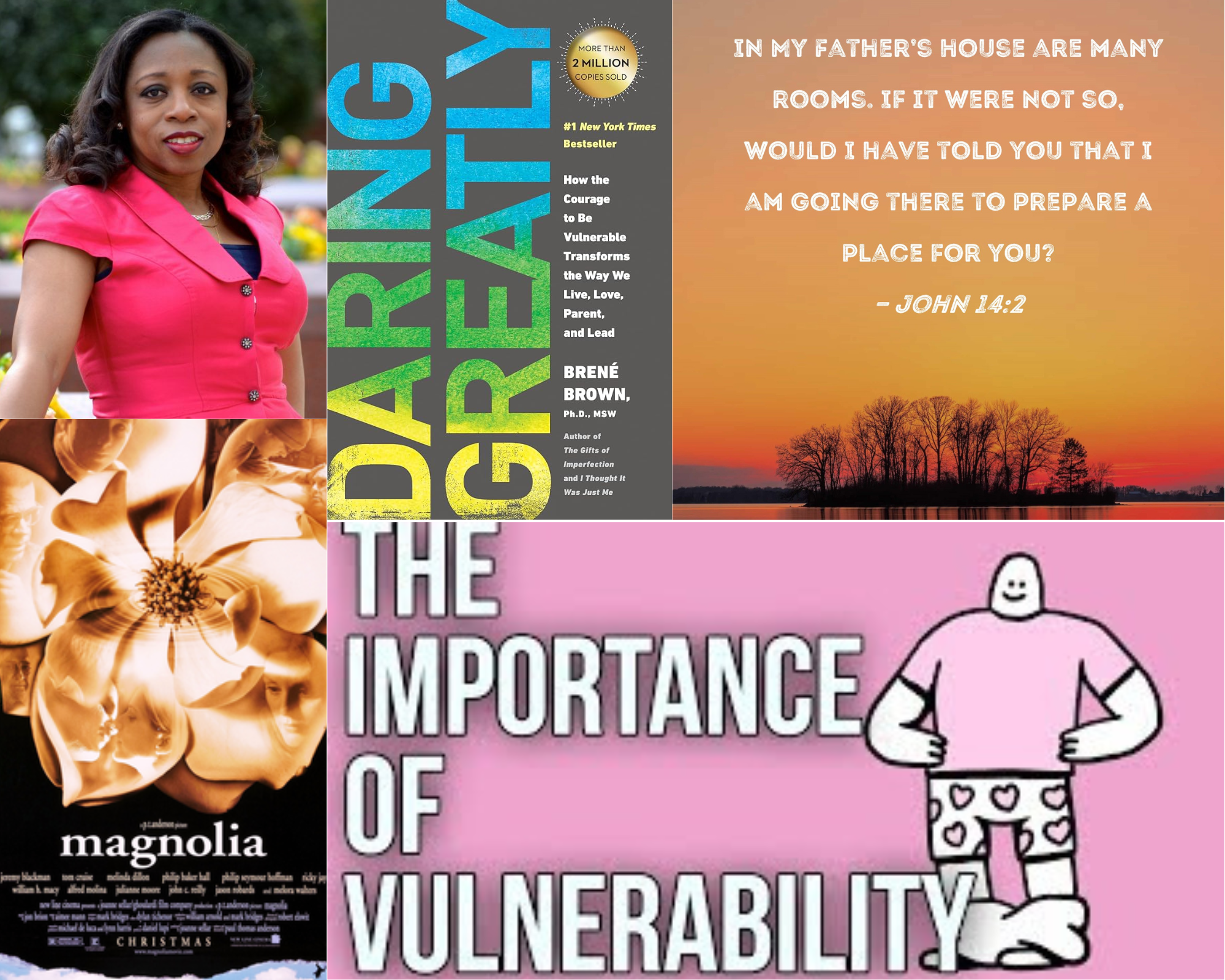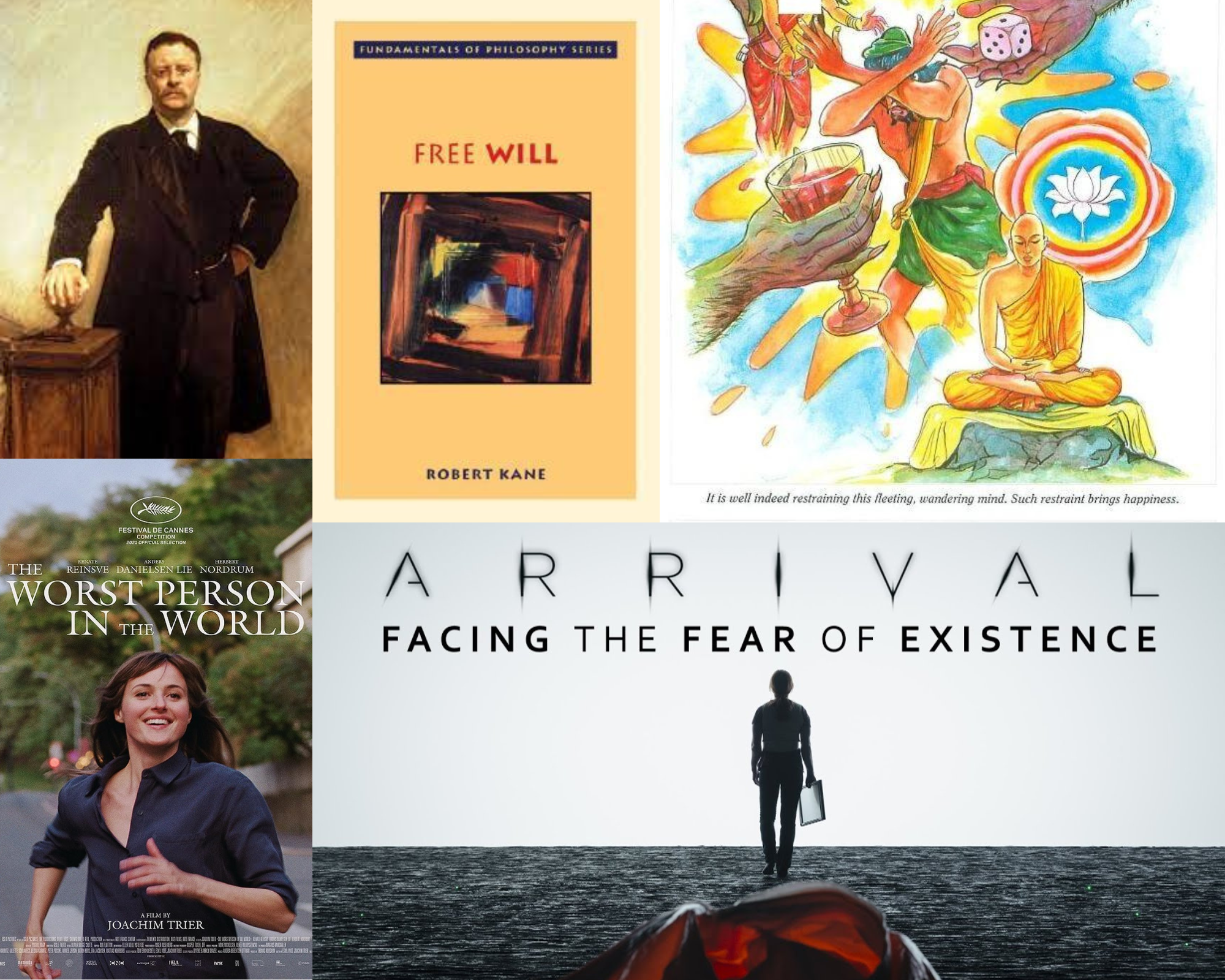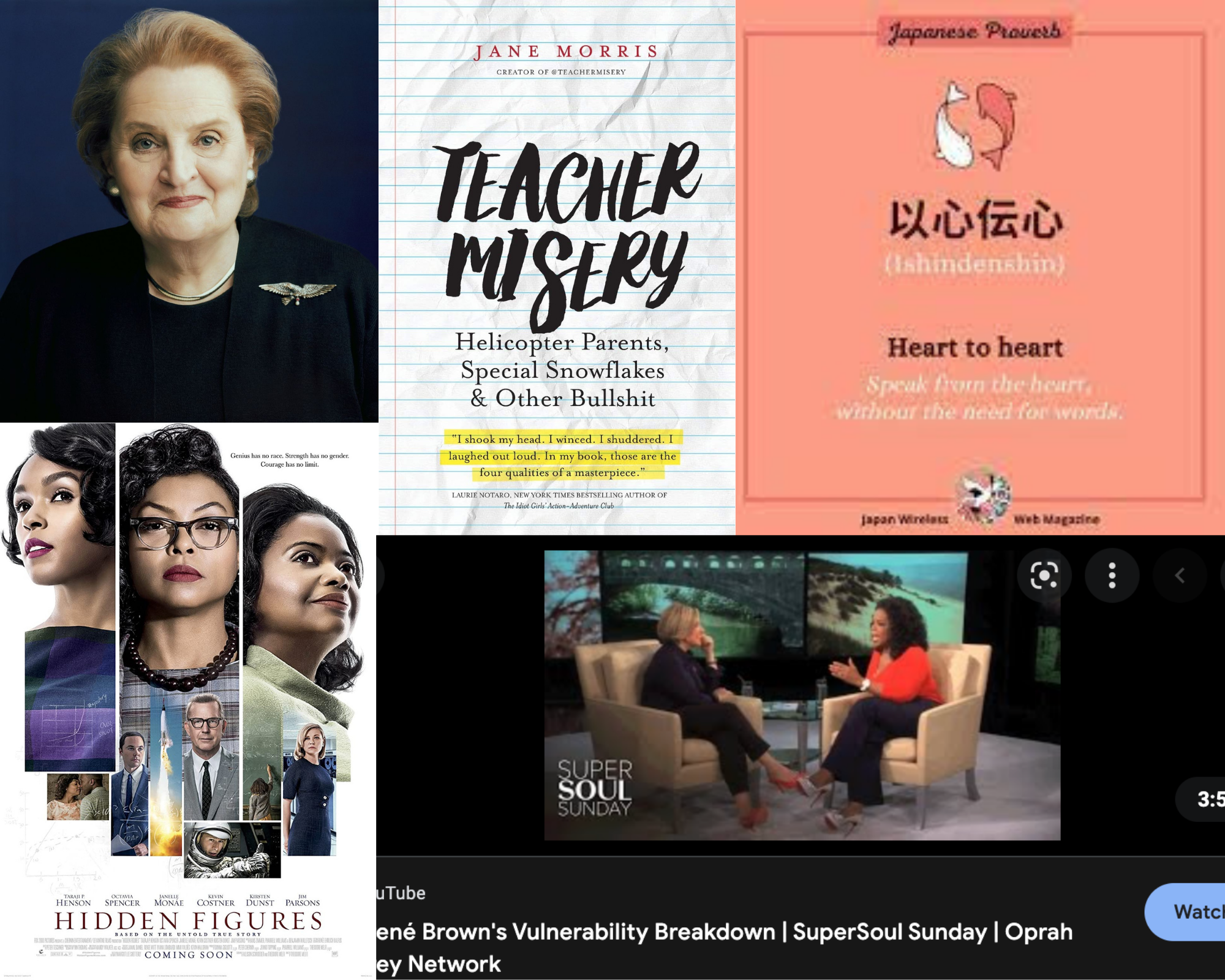Sunday Supplement #150 (March 24th, 2024)
Below is another Sunday Supplement with a quote worth sharing, a book worth reading, a movie worth watching, brainfood worth consuming, and a spiritual passage worth pondering.
Please take something away from these recommendations that enriches your week ahead!
Quote of the Week:
“Embrace vulnerability so that you can be set free from fear.”
– Kemi Sogunle
Book of the Week:
Daring Greatly – Brené Brown
I’ve featured a few Brené Brown quotes and videos in previous Sunday Supplements, but this is the first time I’ve featured one of her books.
Daring Greatly is a New York Times bestseller that delves into vulnerability and shame. It is an excellent self-help book with many gems worth picking up.
Brené Brown highlights Theodore Roosevelt’s The Man in the Arena quote and uses it as a guidepost for overcoming shame, embracing vulnerability, and daring greatly.
For me, the best parts of the book were where Brown broke down the origins of fear, shame, and guilt, which helped me understand how to embrace vulnerability.
I recommend checking out Brené Brown’s talks to get an idea of her work. If you like what she speaks about, check out this book.
Movie of the Week:
Paul Thomas Anderson is probably best known for There Will Be Blood, The Master, and Licorice Pizza, but I think Magnolia is arguably his best film.
Magnolia features an ensemble cast that includes Tom Cruise, Julianne Moore, Philip Seymour Hoffman, William H. Macy, Alfred Molina, Melora Walters, and John C. Reilly.
The film is a mosaic of interrelated characters in the San Fernando Valley attempting to find happiness, forgiveness, and meaning.
I’ve only seen this film a couple of times because it is a tough watch. The acting, directing, and writing are brilliant, though.
I recommend Magnolia with the warning that it is a bit of a downer, but it is a powerful film you’ll likely remember long after watching it.
Brainfood of the Week:
The Importance of Vulnerability | The School of Life
I’ve featured The School of Life in ten previous Sunday Supplements. They make content from psychologies, philosophers, and writers devoted to helping people live calmer and more resilient lives.
This video starts by discussing how we often can look to hide from vulnerability to avoid mockery and humiliation. We try to appear more normal or extraordinary than we are.
Ultimately, vulnerability can be a natural route to connection and respect. It’s humanizing and helps us relate to others.
There is a bad type of vulnerability, though, where it seeks to take advantage of others and comes from a selfish place.
This School of Life video is a nice introduction to the topic of vulnerability. I highly recommend their channel.
Closing Spiritual Passage:
“In my Father’s house are many mansions: If it were not so, I would have told you. I go to prepare a place for you.”
– John 14:2
This passage from the Bible has often been claimed to refer to heaven having endless availability to those worthy of a place.
I came across another interpretation that I thought was an interesting metaphor proclaiming that God’s house has many religions/spiritual traditions.
When I consider the overlap between these traditions, this concept of multiple spiritual practices/religions all touching on a similar message seems plausible.
It can be comfortable to exclude others or view those outside your circles as wrong or unsafe. However, we should try to remain vulnerable and open to including other people and ideas.
Try to face your fears, move forward, and have a blessed week ahead!
Comments closed

